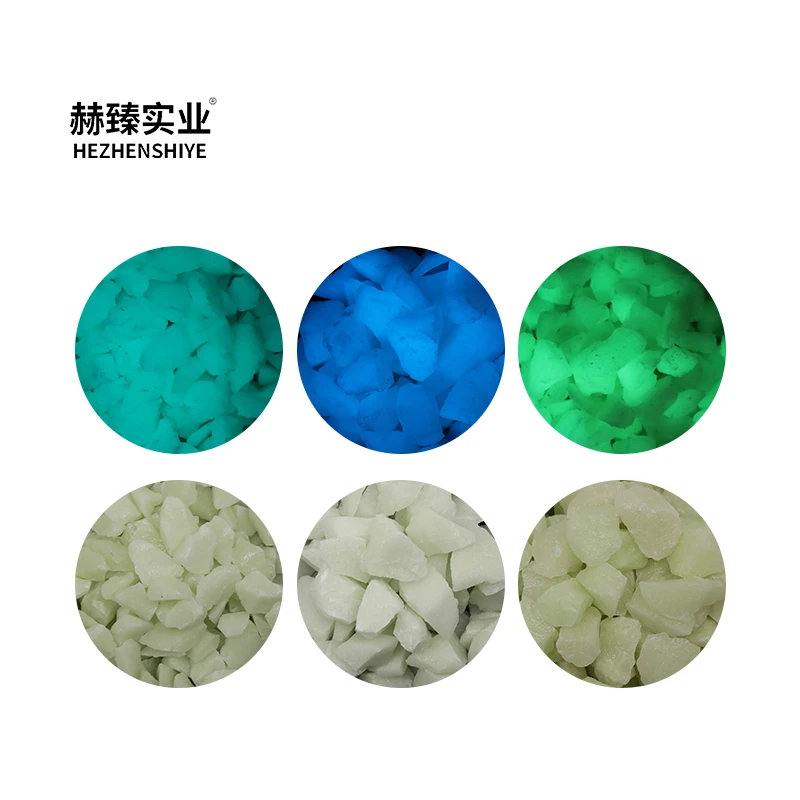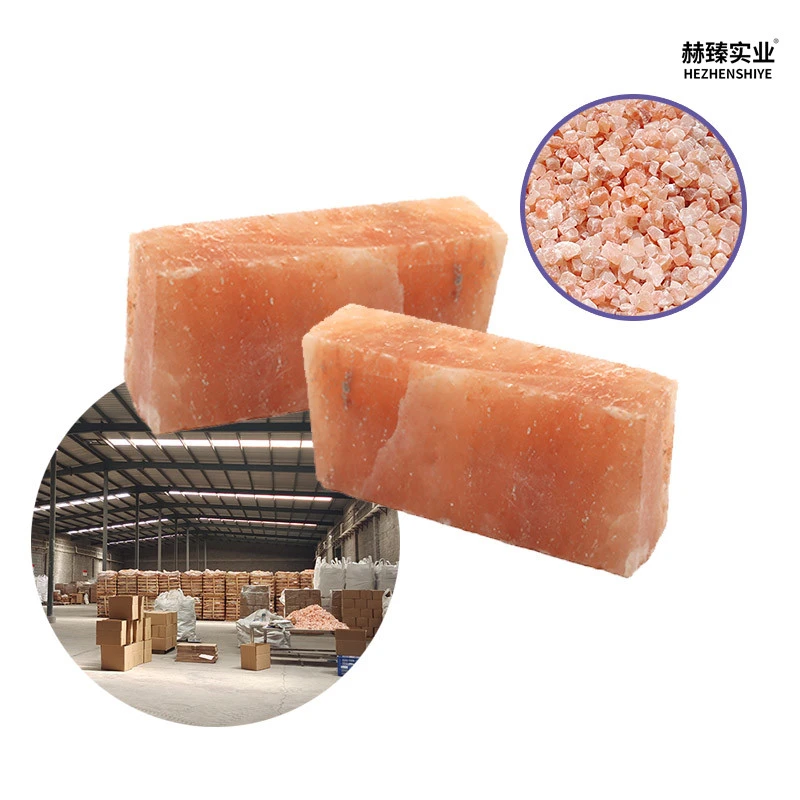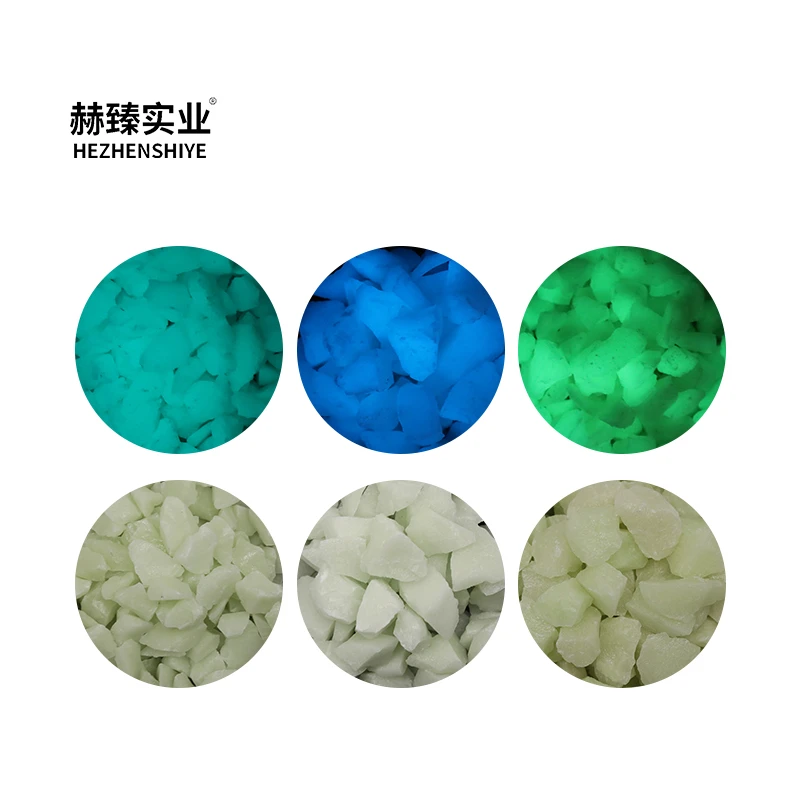silica si02
2025.01.14
Silicon dioxide, commonly known as silica (SiO2), is a remarkable compound with many applications in diverse industries. Whether in the form of quartz, sand, or synthetic silica gel, its functionality stems from its unique chemical and physical properties. Understanding silica is crucial for manufacturers and consumers seeking reliable and efficient products. Here, we delve into the many facets of silica, exploring its uses, benefits, and considerations for choosing silica-based products.
For those in the food and pharmaceutical industries, silica functions as an anti-caking agent, ensuring that powders and granules remain free-flowing and easy to handle. Its effectiveness in maintaining product quality during storage and transportation is a testament to its utility, which is essential for maintaining the integrity and shelf-life of consumables. Manufacturers prioritize food-grade and pharmaceutical-grade silica to adhere to strict safety and quality standards, demonstrating the compound’s adaptability and significance. Selecting the right type of silica for specific applications requires expertise and an understanding of its different forms. Natural vs. synthetic silica, amorphous vs. crystalline structures, and the varying particle sizes each cater to unique industry needs. Ensuring the chosen silica fits the desired application helps enhance product performance and compliance with industry regulations. Expertise in how silica interacts within various processes guarantees more informed decision-making, contributing to overall product excellence. Moreover, businesses should be aware of the regulatory landscape regarding silica, especially concerning health and safety. Prolonged exposure to respirable crystalline silica dust can pose health risks. Therefore, companies must comply with occupational safety regulations and implement appropriate protective measures for their workforce. Highlighting commitment to safety not only fulfills legal responsibilities but also enhances credibility and trustworthiness among stakeholders. In summary, silica’s multifaceted applications and properties make it indispensable across a wide array of industries. Its reliability in construction, efficiency in electronics, benefits in cosmetics, and utility in food and pharmaceuticals underscore its unmatched versatility. For businesses, leveraging silica’s strengths through informed sourcing, understanding its varieties, and complying with safety standards ensures high-quality results and reinforces consumer confidence. By harnessing the full potential of silica, industries continue to innovate and improve, driving progress and sustainability in an ever-evolving market.


For those in the food and pharmaceutical industries, silica functions as an anti-caking agent, ensuring that powders and granules remain free-flowing and easy to handle. Its effectiveness in maintaining product quality during storage and transportation is a testament to its utility, which is essential for maintaining the integrity and shelf-life of consumables. Manufacturers prioritize food-grade and pharmaceutical-grade silica to adhere to strict safety and quality standards, demonstrating the compound’s adaptability and significance. Selecting the right type of silica for specific applications requires expertise and an understanding of its different forms. Natural vs. synthetic silica, amorphous vs. crystalline structures, and the varying particle sizes each cater to unique industry needs. Ensuring the chosen silica fits the desired application helps enhance product performance and compliance with industry regulations. Expertise in how silica interacts within various processes guarantees more informed decision-making, contributing to overall product excellence. Moreover, businesses should be aware of the regulatory landscape regarding silica, especially concerning health and safety. Prolonged exposure to respirable crystalline silica dust can pose health risks. Therefore, companies must comply with occupational safety regulations and implement appropriate protective measures for their workforce. Highlighting commitment to safety not only fulfills legal responsibilities but also enhances credibility and trustworthiness among stakeholders. In summary, silica’s multifaceted applications and properties make it indispensable across a wide array of industries. Its reliability in construction, efficiency in electronics, benefits in cosmetics, and utility in food and pharmaceuticals underscore its unmatched versatility. For businesses, leveraging silica’s strengths through informed sourcing, understanding its varieties, and complying with safety standards ensures high-quality results and reinforces consumer confidence. By harnessing the full potential of silica, industries continue to innovate and improve, driving progress and sustainability in an ever-evolving market.
Pervious
Next











